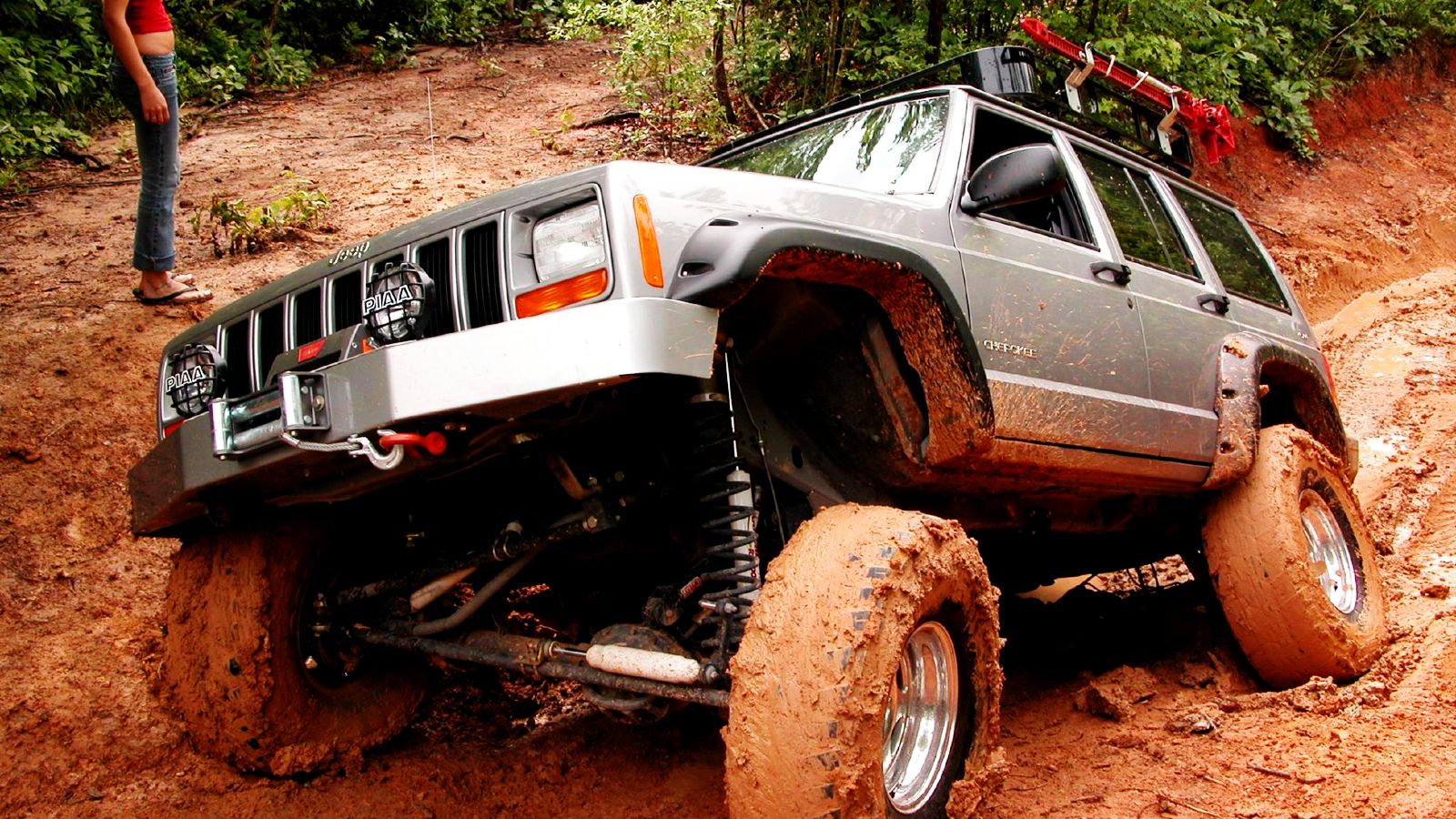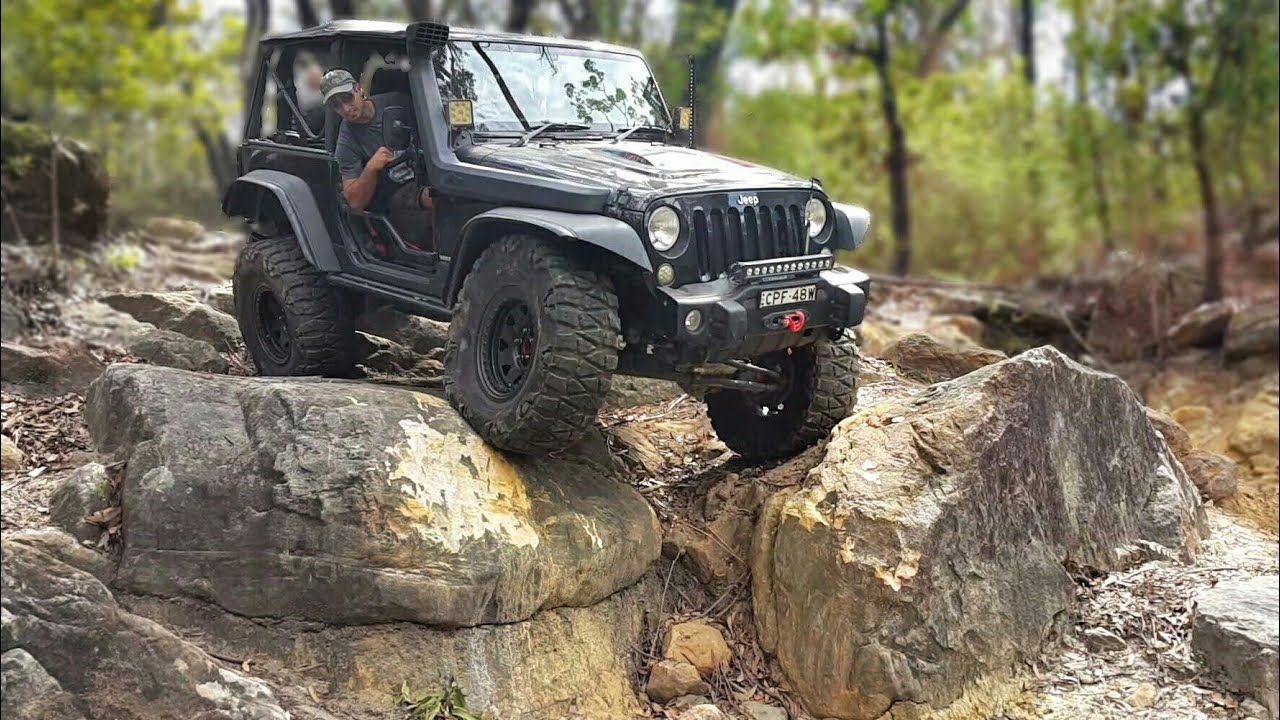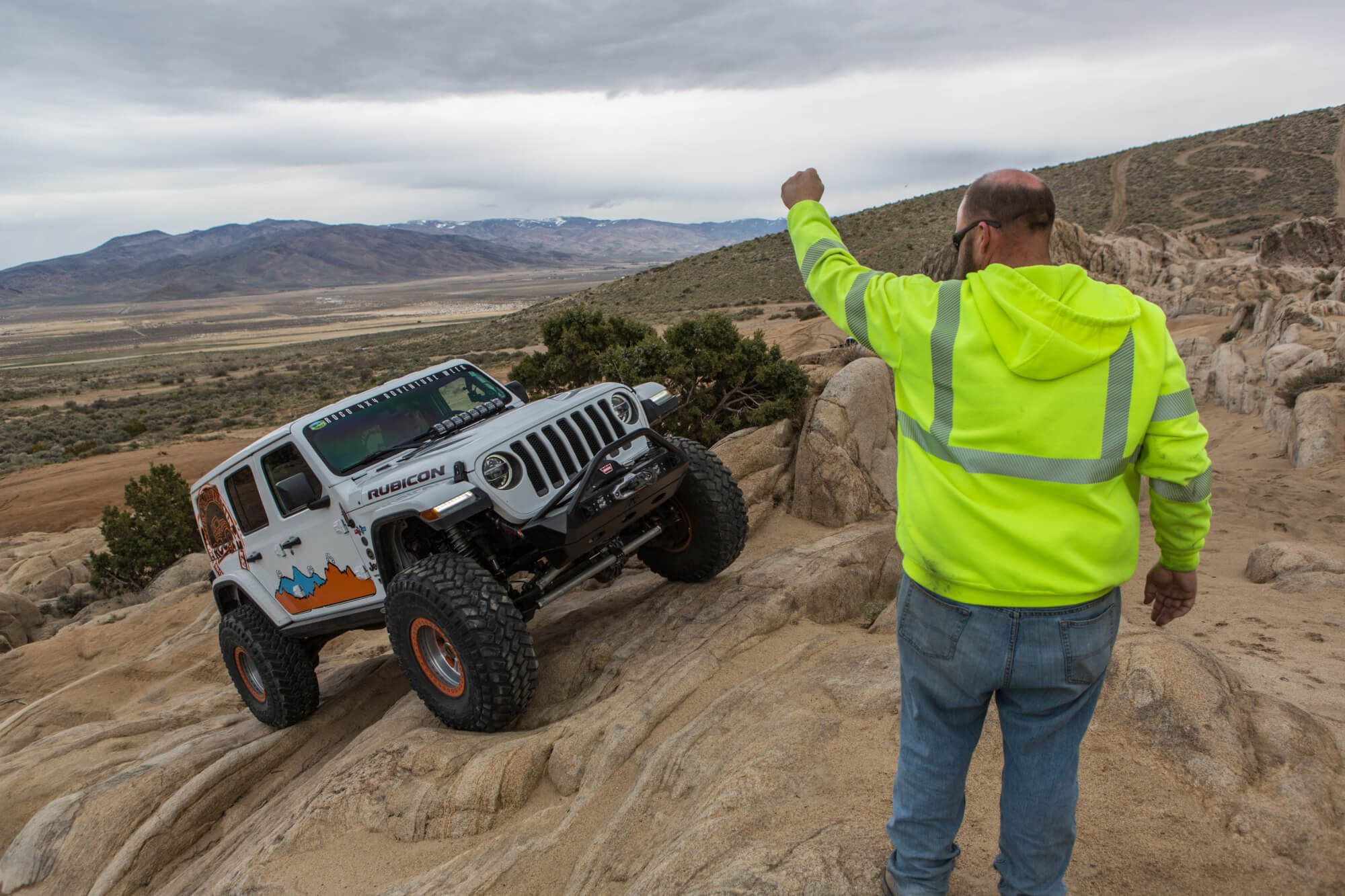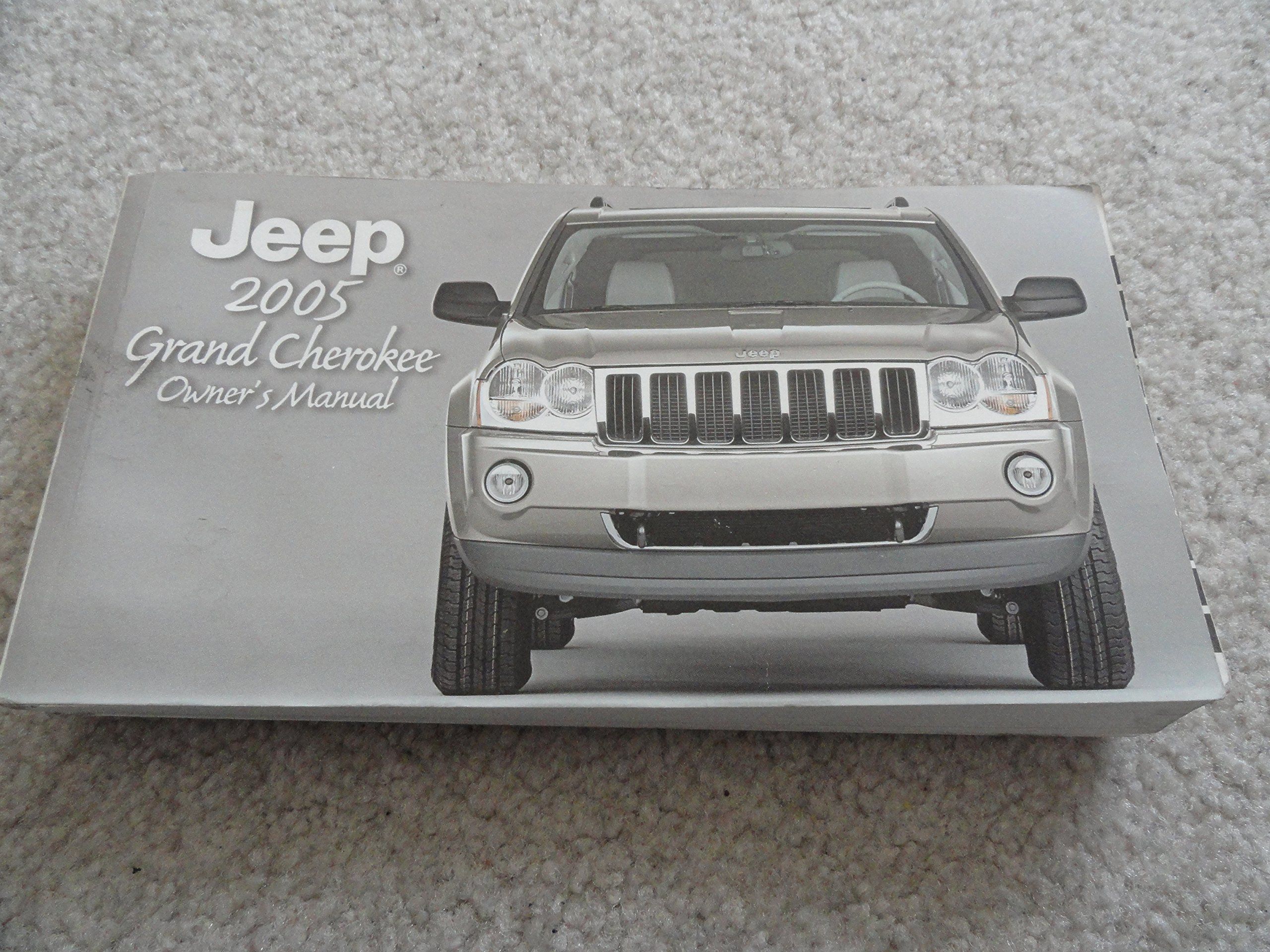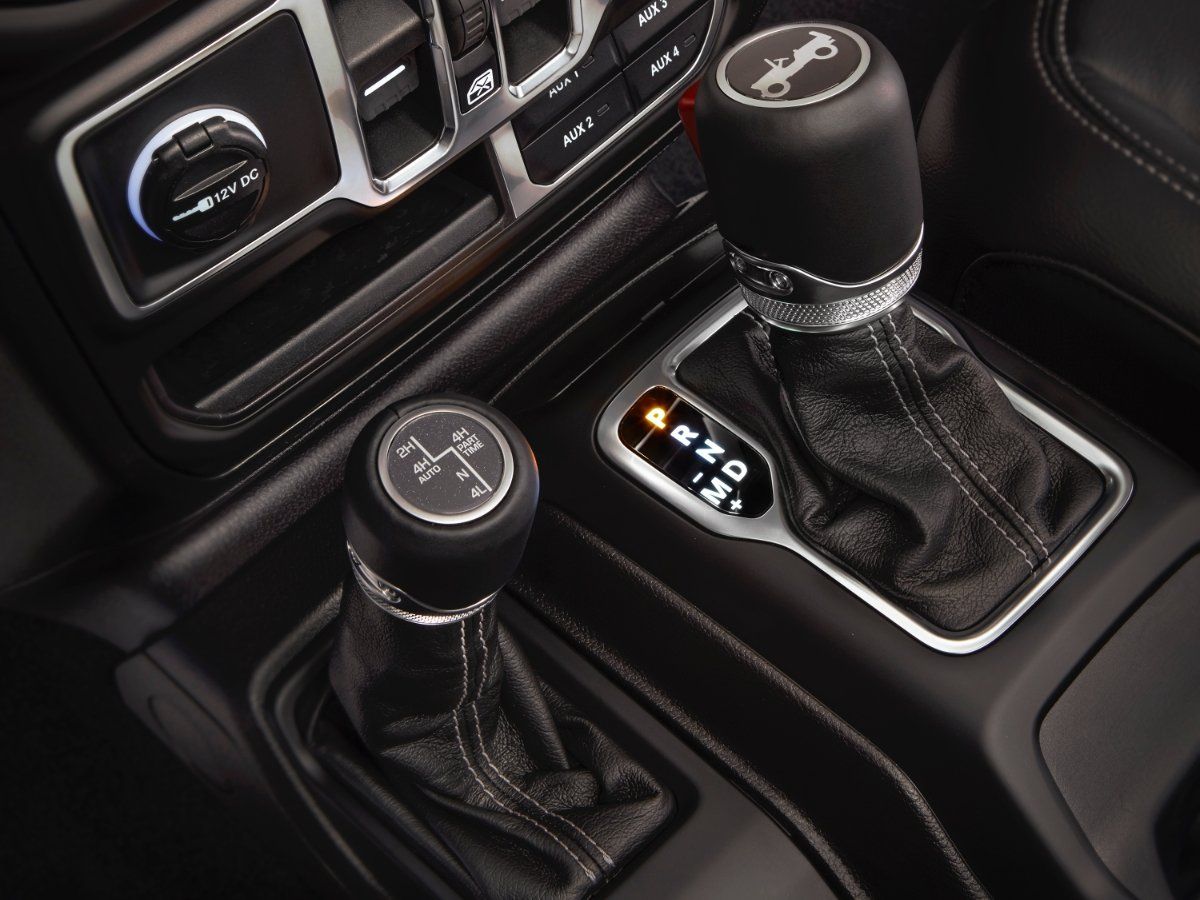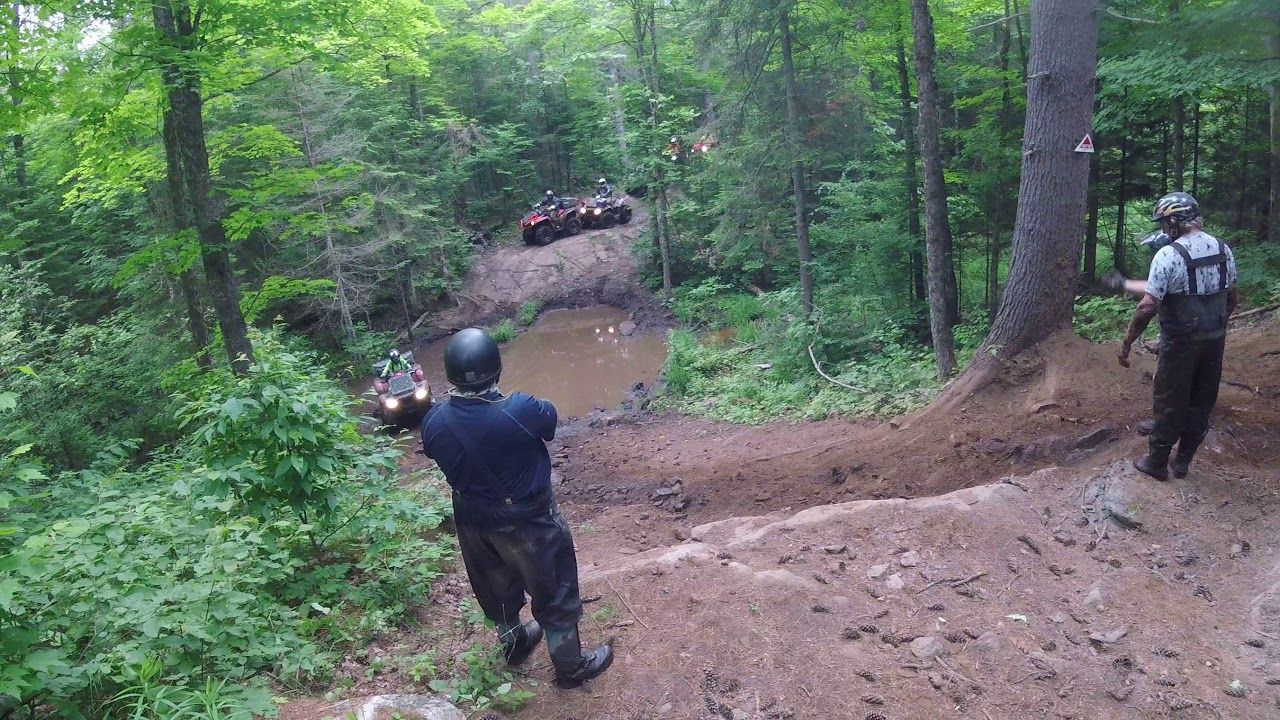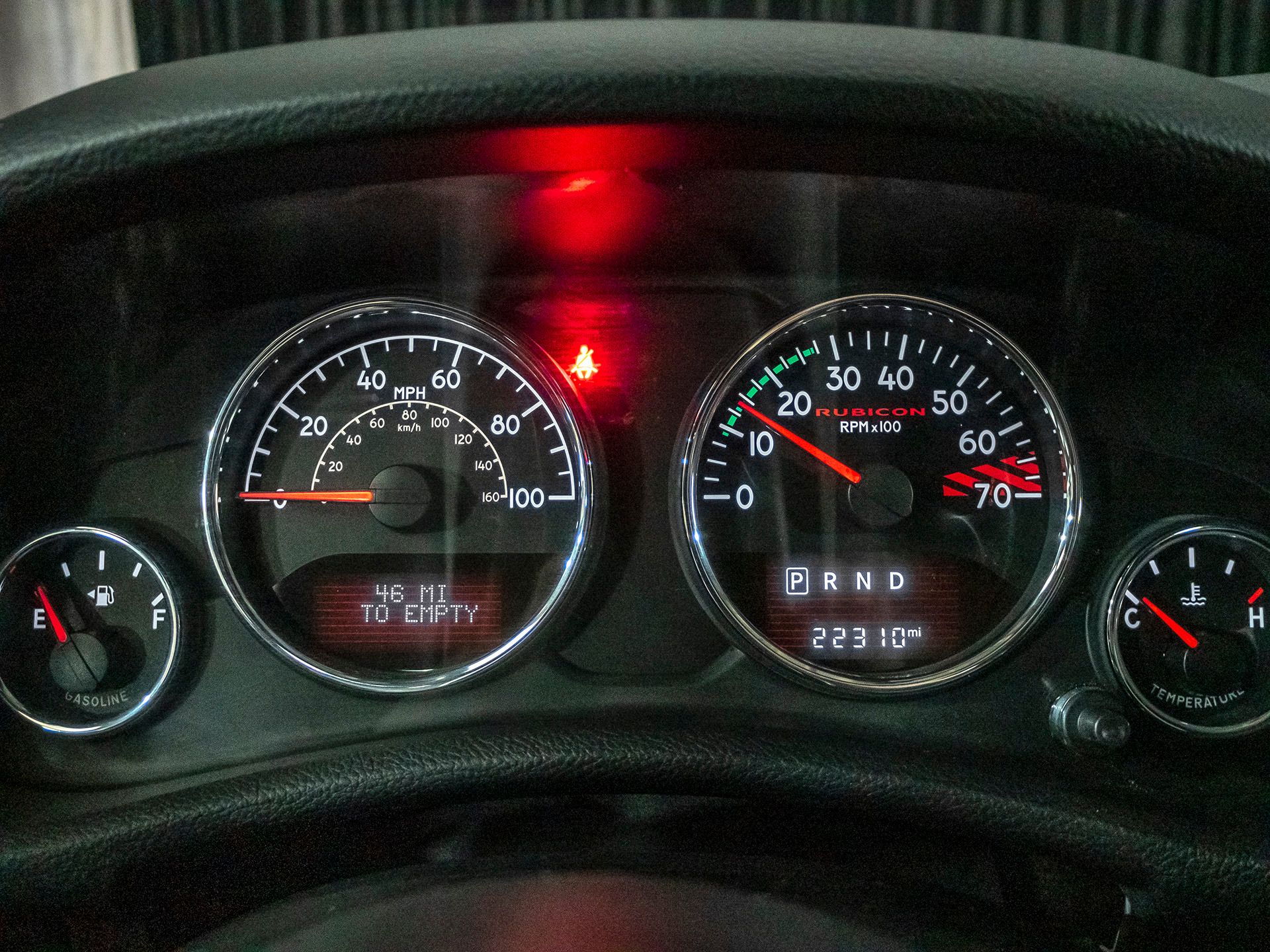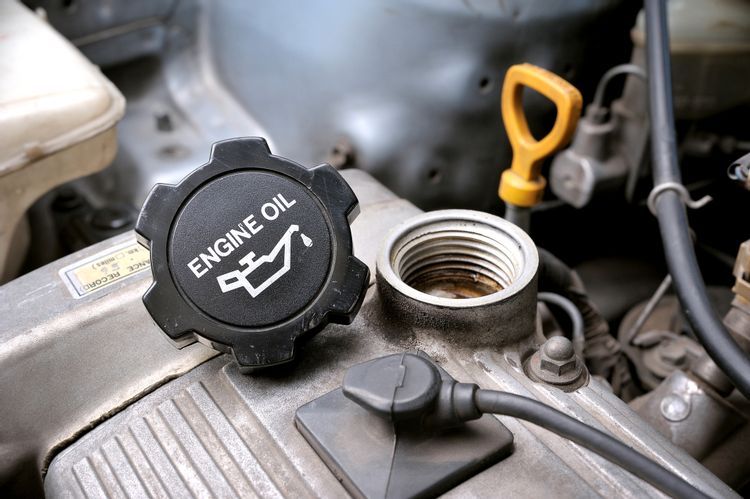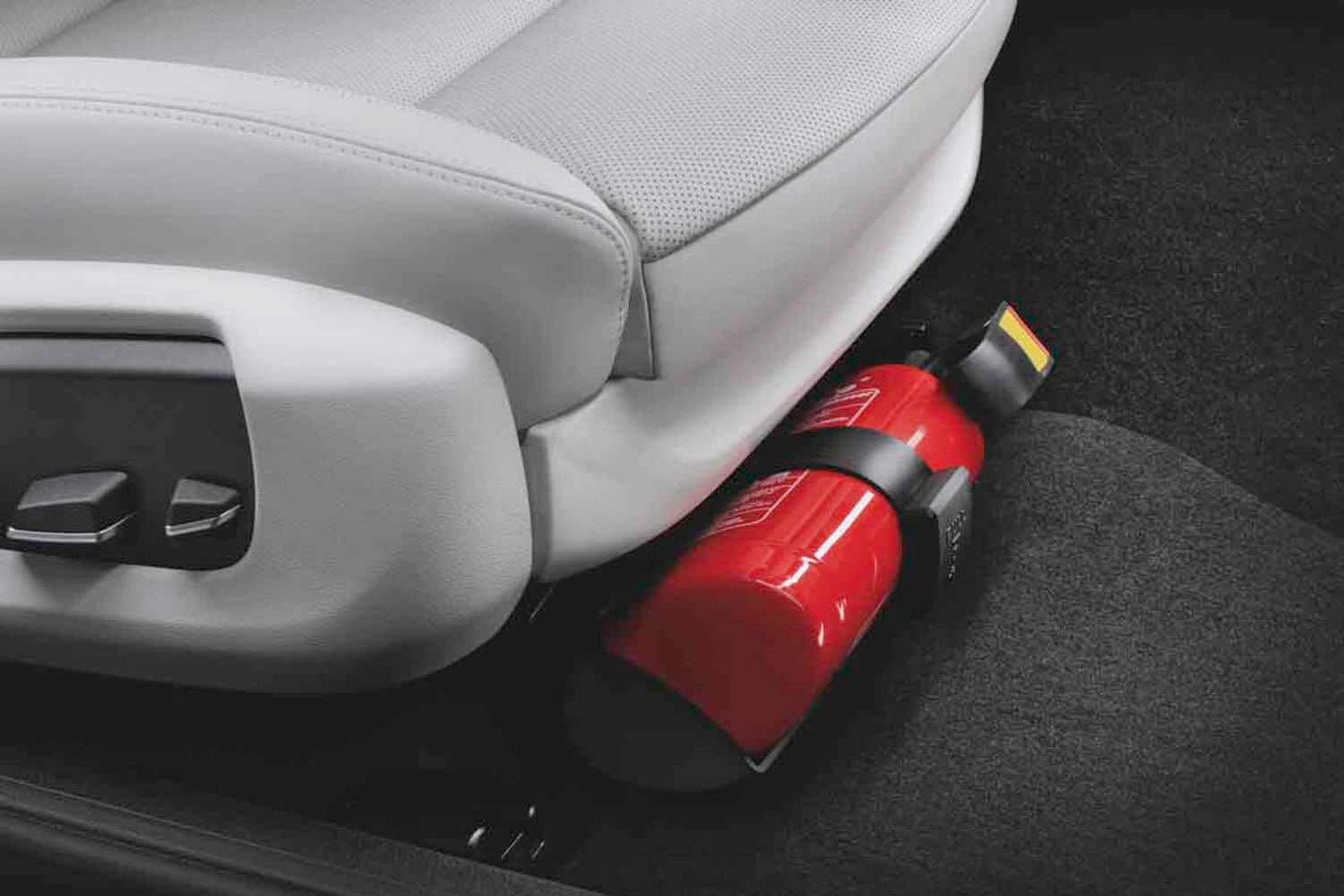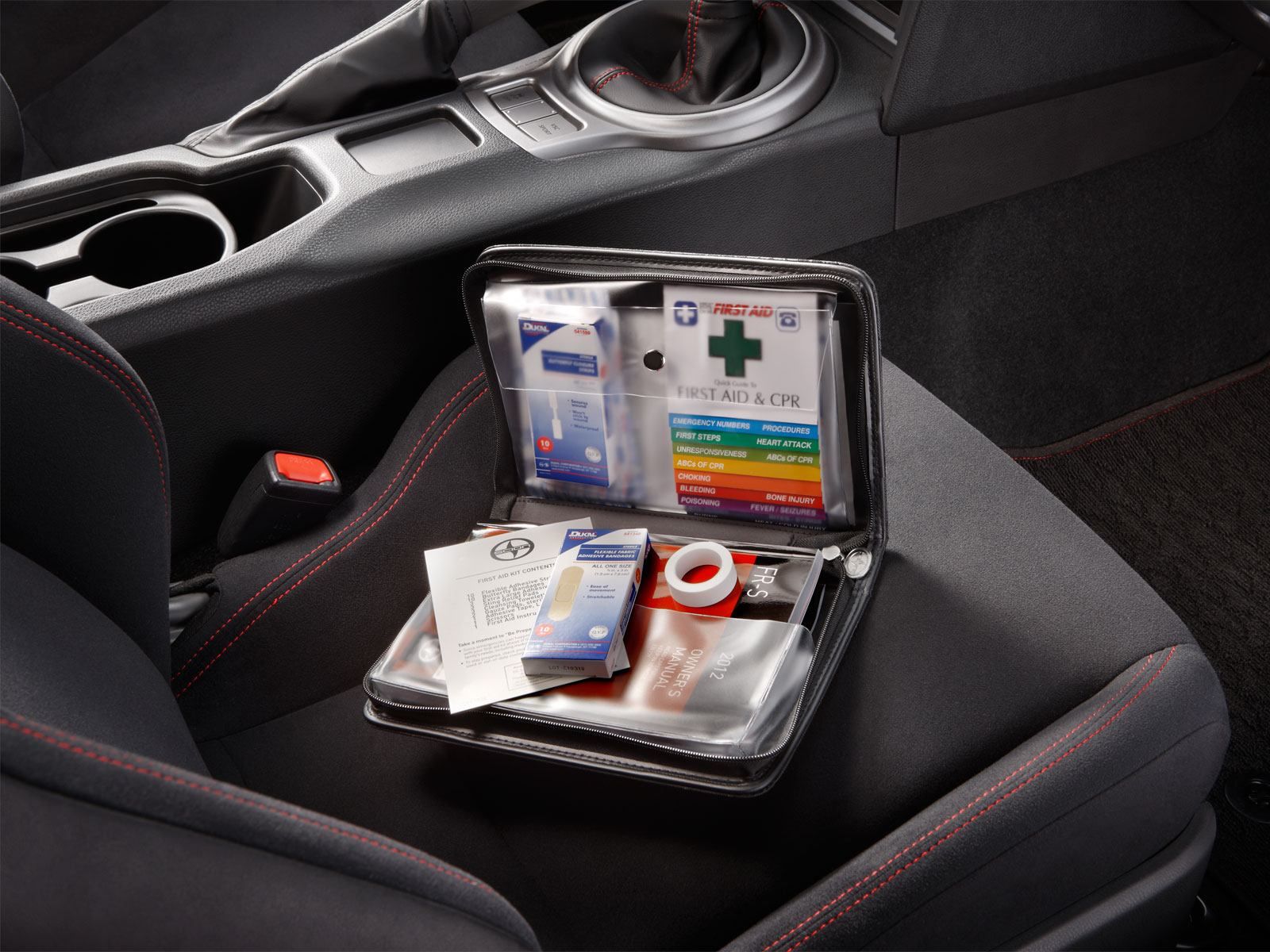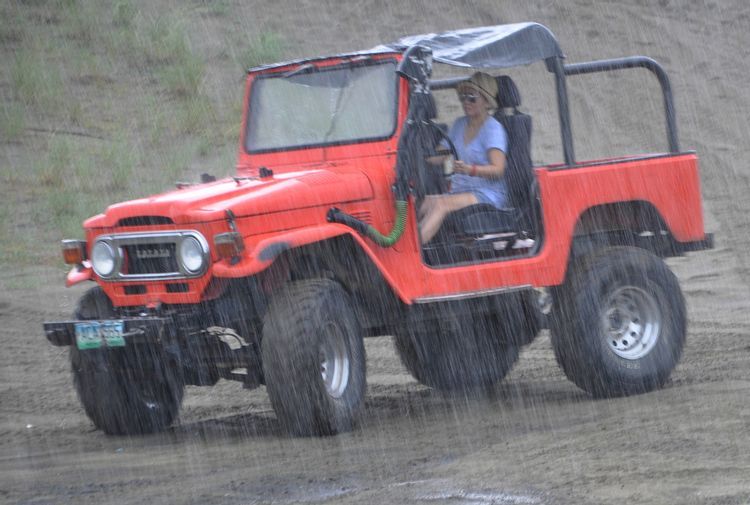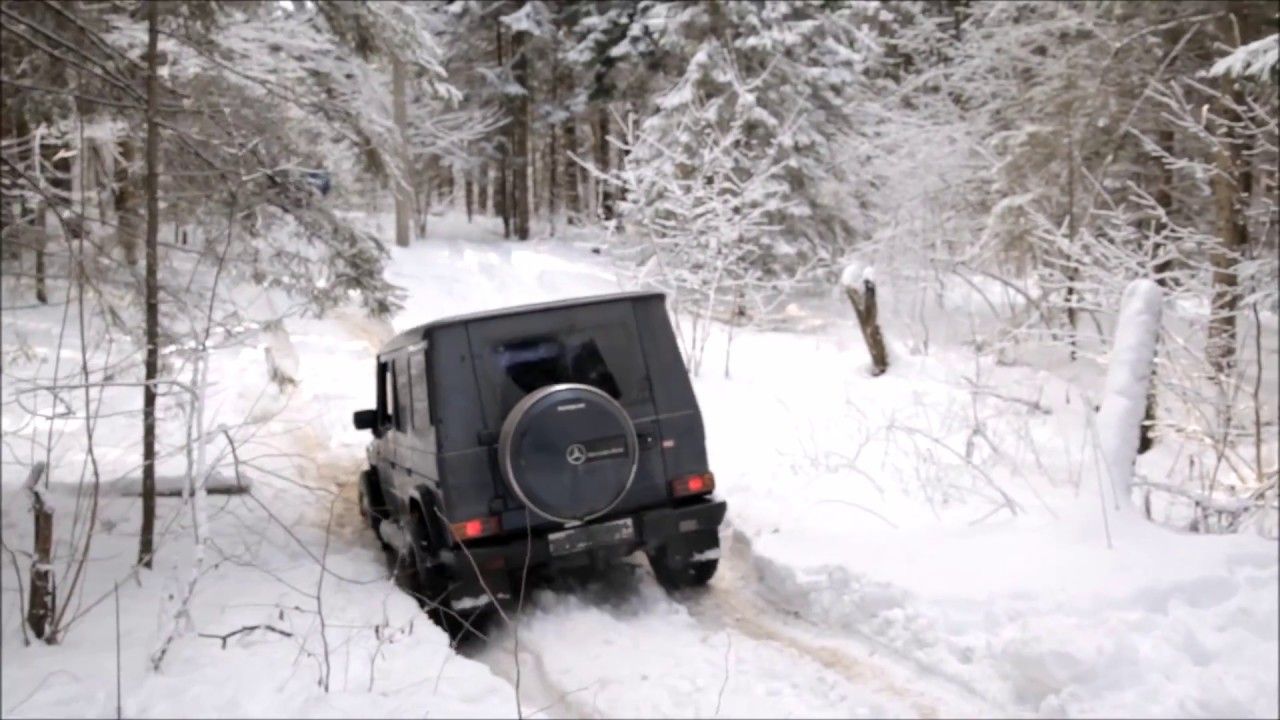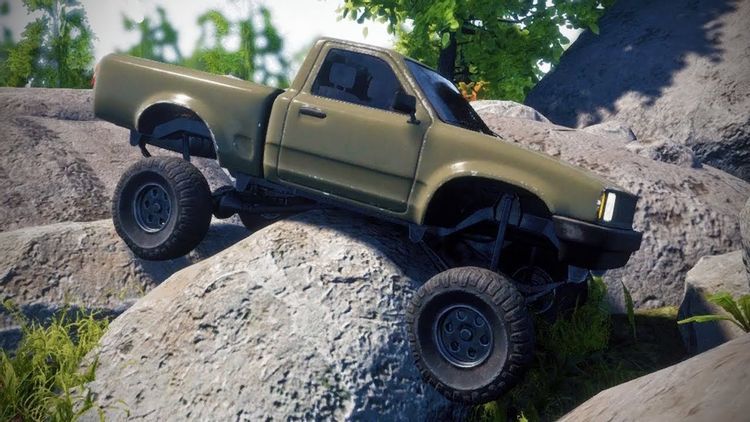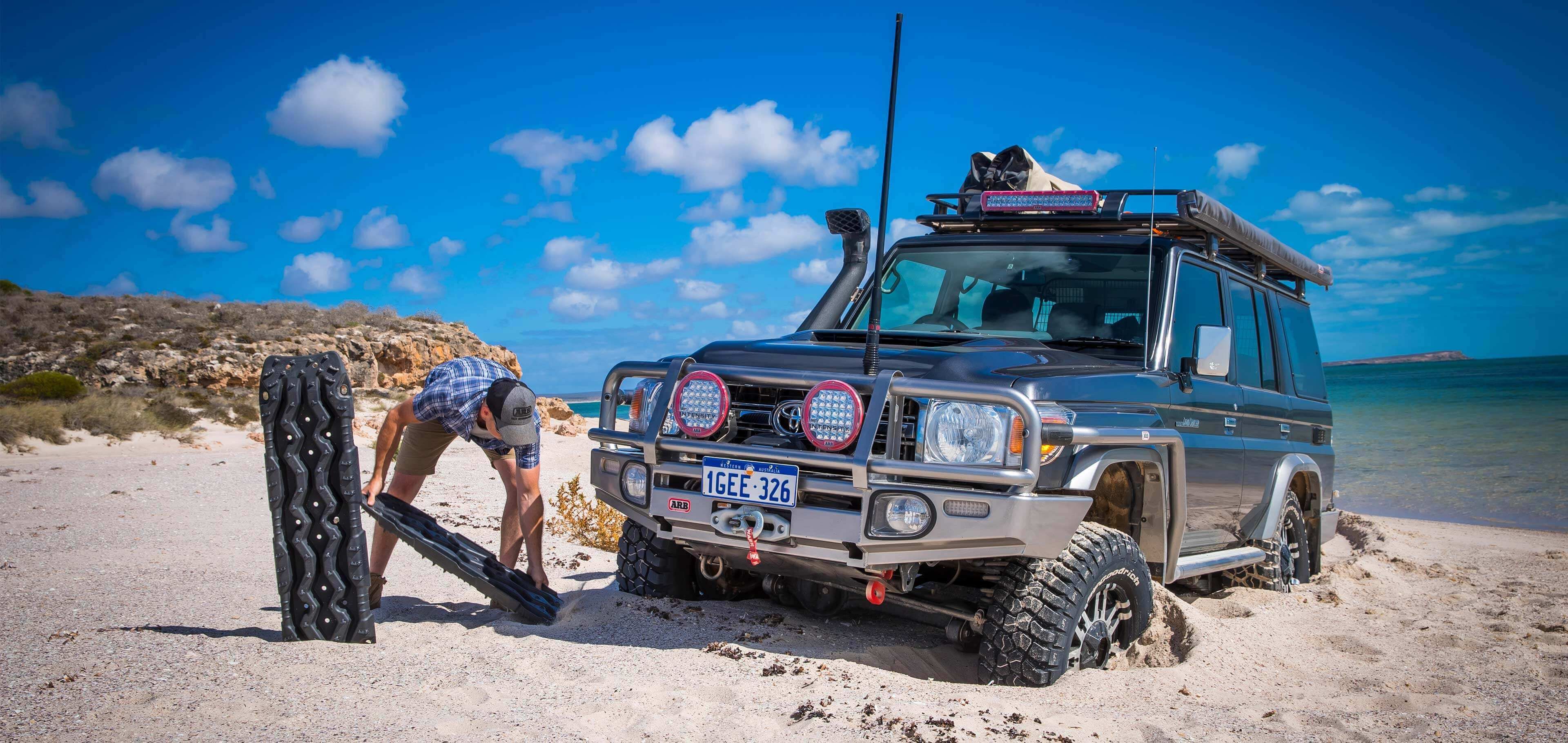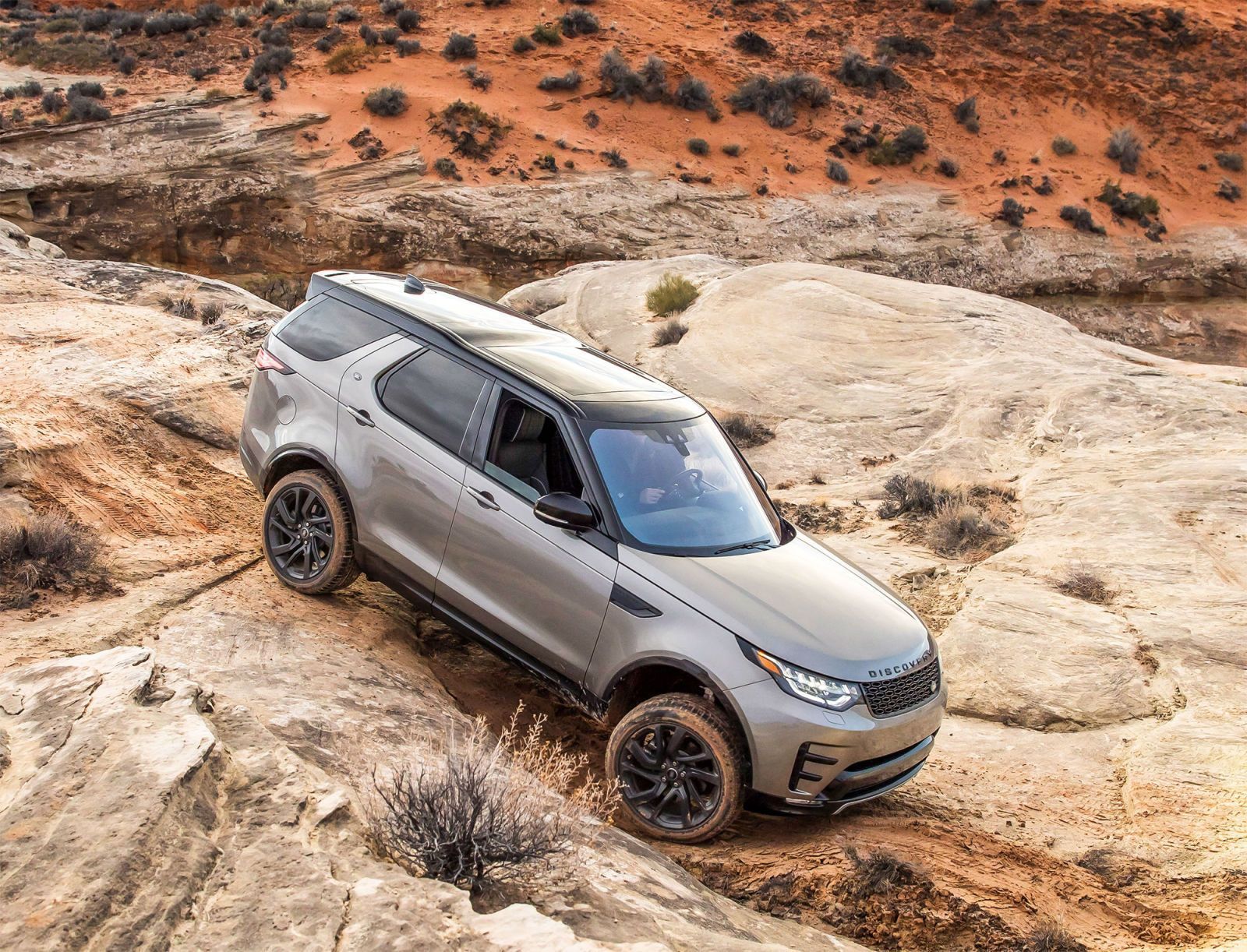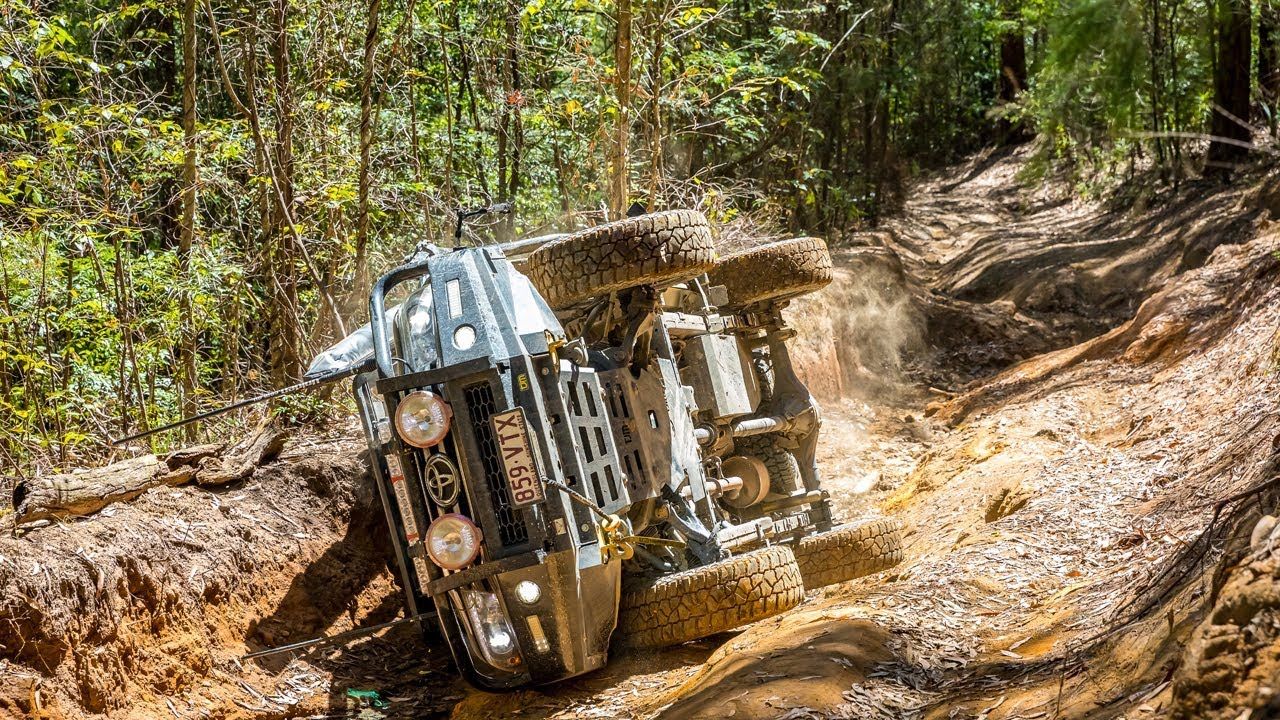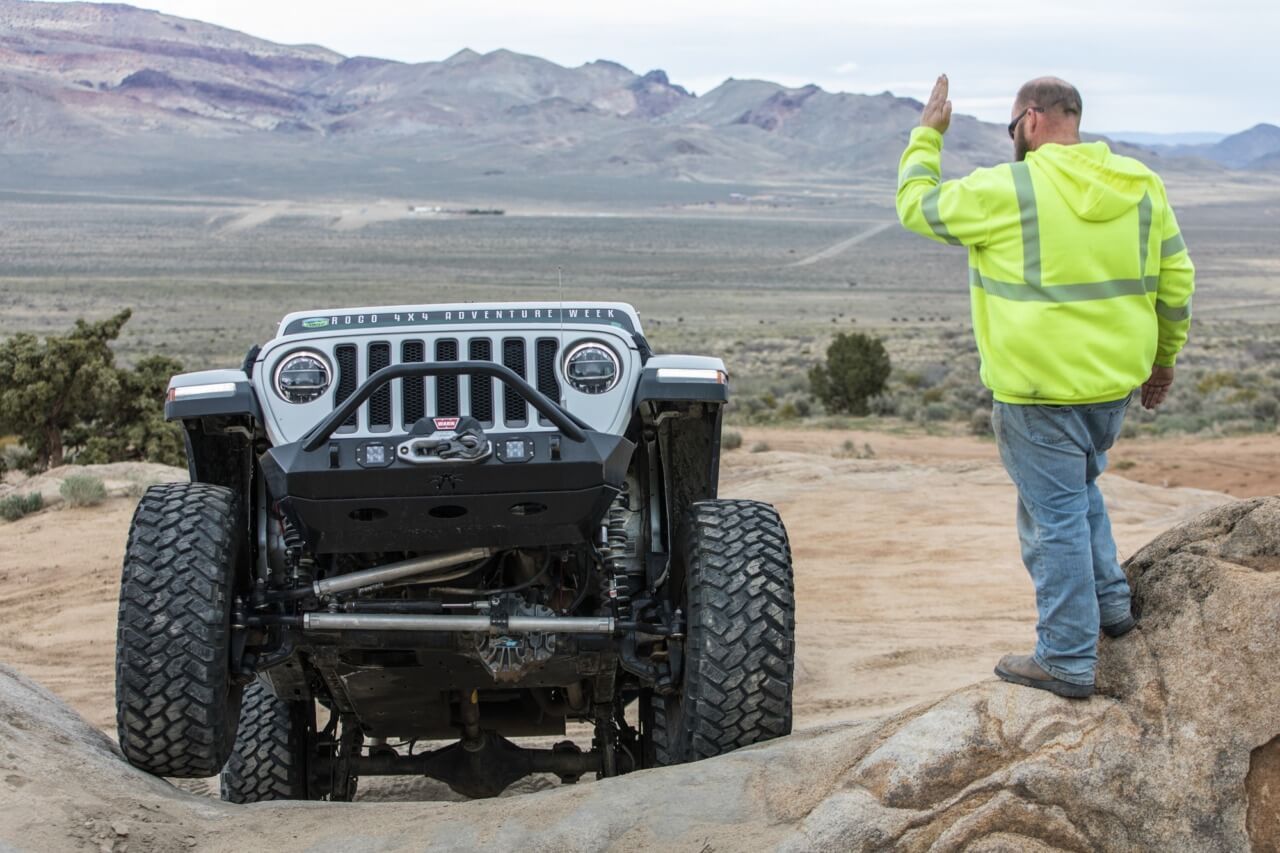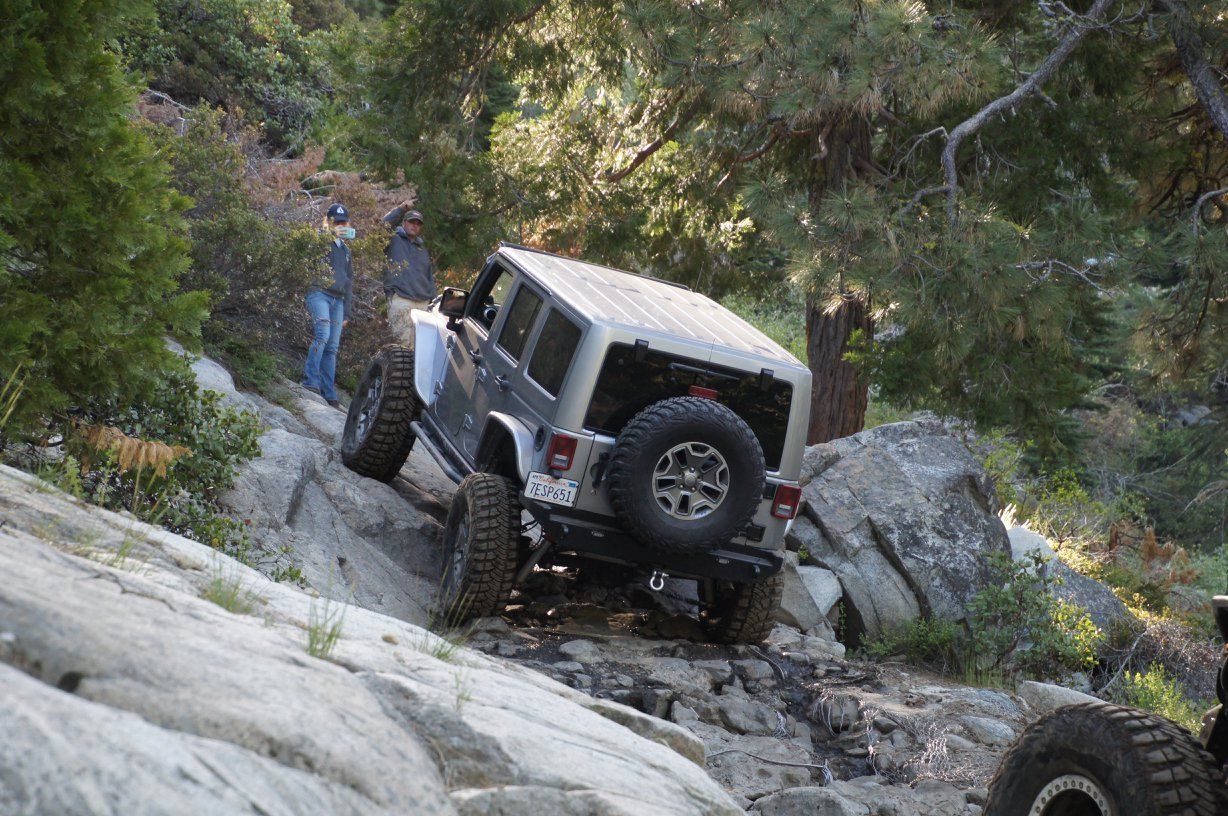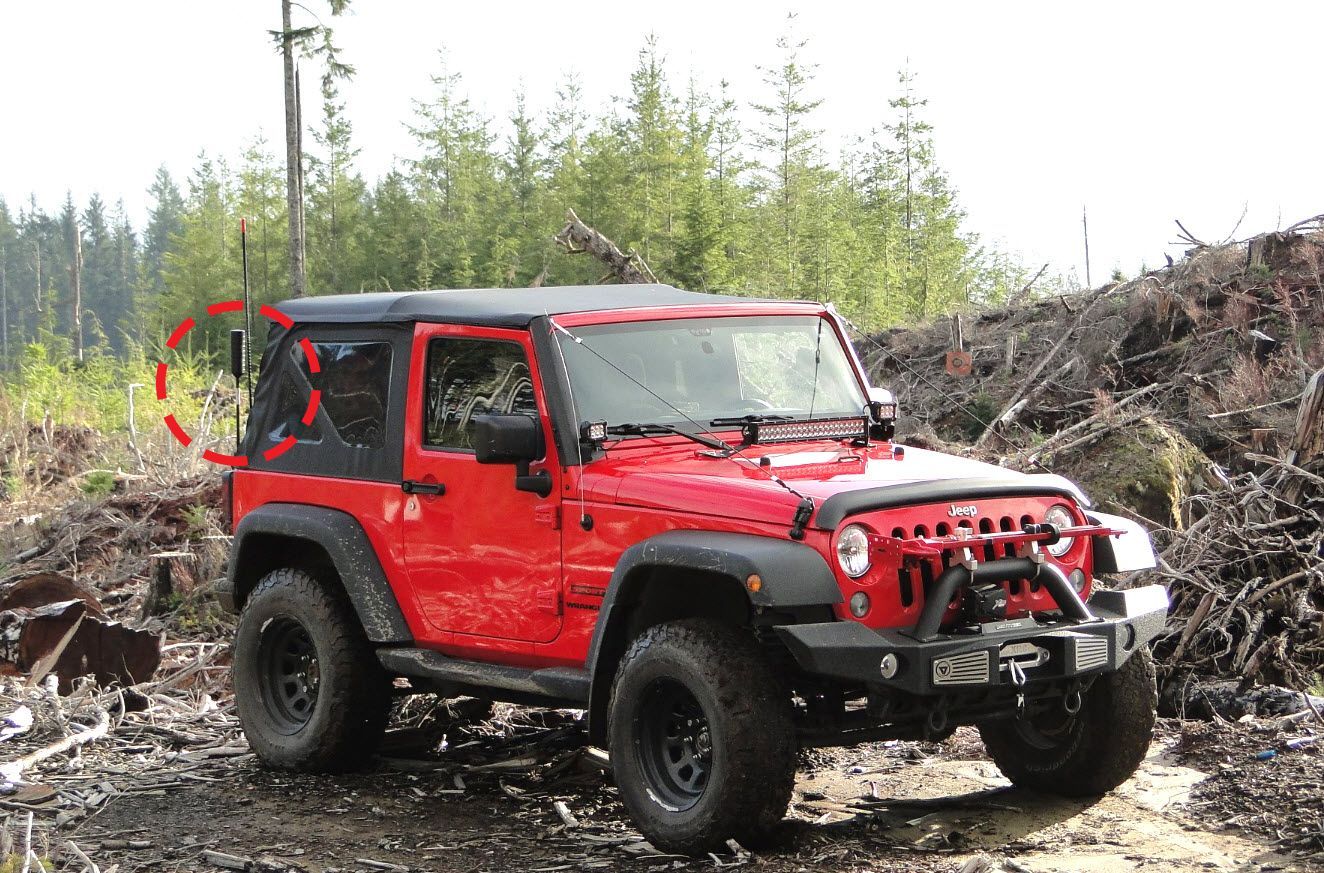Off-roading has never been more popular, in no small part due to the recent increase in production of more competent 4x4 vehicles. Terrain driving has evolved from being just a recreational activity aimed at honing one's driving skills off the tarmac; it has grown to become a kind of monastic experience—time away from technology and in touch with mother nature.
While a considerable percentage of off-road enthusiasts are quite adept with the practices and tenets associated with off-roading, there are others who have no clue what makes a good off-road truck or how to conquer trails with one. There's also the widespread misconception that off-road capable vehicles don’t come cheap and that it's only a rich man's sport. In fact, successfully setting out on the trails doesn't require you to have a superb 4WD SUV or knowledge, as long as you follow these 10 tips.
The rules below are intended to help you dot your “i’s” and cross your “t’s” whenever you venture off the pavement.
10 Do Not Venture Off-Road On Your Own
This is, perchance, the golden rule of off-roading and for obvious reasons. Irrespective of one’s vast knowledge of terrain driving and its many conditions, there’s no guarantee one will come out unscathed. You should go in the company of another who can pull you out just in case you get stuck or can be your ride out of the forest if the situation demands some form of sophistication.
Asides from being your go-to in emergencies, medical, and whatnot, an off-road buddy can serve as a spotter to help you better navigate certain road conditions. If your pals have little knowledge about driving on the dirt as several, there's no need to worry as there are numerous off-road clubs that cater to newbies. A simple online search would suffice.
9 Know And Be In Tune With Your Vehicle
The "4x4" stapled to a vehicle's trunk doesn’t say much about its off-road ability, as some heavy-duty trucks have shown to have poor off-road performance despite how tough they look. Hence, you must read through your vehicle manual and visit online forums to understand your vehicle’s strengths and weaknesses better.
However technical off-road truck systems may seem, it is imperative you understand and note the scenarios associated with their application, from traction control to locking differentials.
8 Research & Inspect The Course Ahead Of Time
Coming across a sign that points to an off-road course is not enough; you have to go see for yourself if the route conditions are well within your strengths. You can also go on off-road online forums to read the reviews of those who have plied the route.
Take into account their challenges and make adequate preparations. It further streamlines your plans to prevent a situation of over-packing and your car being overweight.
7 Ready Your Vehicle
It’s entirely possible to check every other rule and just fall short by not ensuring your vehicle is in the best state possible. You should book an appointment with your mechanic for a full car service and replace worn-out parts that may increase the chances of vehicular disappointment.
Ensure your gas tank is full and take an extra gallon for backup, a gallon of water for the radiator, and an extra keg of engine oil. Also, make sure the tire pressures are within that recommended terrain driving. So you do not leave anything unchecked; create a list and gradually tick as you satisfy a condition.
6 It Wouldn’t Hurt To Go The Extra Mile
By going the extra mile, I am not suggesting you drive a mile longer than you prepared for. That was a terrible joke, yeah? You do get the drift anyway. Go the extra mile by preparing for worst-case scenarios; a fire extinguisher for fire outbreaks, warm clothes if you are going to pass the night, or the state of your vehicle demands you do, etcetera.
Be sure to pack a glass breaker and a seatbelt cutter for emergencies where you may need to break a glass or free yourself from a seatbelt. Ensure to pack a first aid kit as well. Place it somewhere you can easily reach, especially when under stress. It shouldn’t be anything major. Still, it should be equipped with materials capable of cleaning and patching cuts.
5 Know The Weather Forecast For The Day
Ignoring weather forecasts is undoubtedly a splendid way to ruin your off-road trip. While your vehicle may be armed to pull through anything the weather throws at it, you may be ill-prepared.
The daily forecast should also help you pick out the right equipment to carry on the journey. You certainly can’t pack every off-roading instrument, but packing a winch, specialist tires, snow shovel, ice scrapper, and traction aids will go a long way in your fight against the elements.
4 Off-Road Terrain Is No Place For Your Ego
Understanding your abilities as a driver is just as vital as knowing your vehicle, if not more. As such, it is advisable to pick a terrain that is well within your skillset as a driver. Admittedly, it is plenty tempting to step on the gas pedal as you see on the TV. Even so, you should understand that these TV guys are professionals.
If you don’t feel comfortable with the path ahead, you should discontinue. Allowing your emotions get in the way is a sure way to stay longer than budgeted in the forest.
3 Speed Isn’t Always The Answer
It is not uncommon for people to perceive that more is better, but that’s not the case for off-road driving. As a newbie, you may get the wrong idea that the recommended highway tire pressures or high gears will provide you with the best off-road driving experience. It won’t. You may require lower tire pressures to increase traction and grip.
Rollovers happen when drivers get overly excited or suddenly panic when things aren’t going their way. Certain road conditions demand that you maintain the speed of entry throughout, a sudden change in momentum may throw the vehicle off balance and result in a rollover. Hence, keep your calm at all times and do not oversteer.
2 Enure To Learn How To Read And Follow Spotter Signs Diligently
Off-roading is one activity where you need an extra pair of eyes to lessen the dangers of blind spots. While it is common to see drivers stepping out of their vehicles to assess the situation in real-time, it is inefficient and time-wasting. Alternatively, you should be in the company of a spotter more experienced in terrain driving than you are.
It is one thing to be in the company of an experienced spotter, and it is another to understand spotting signs. The spotter may shout out instructions occasionally, but you may be unable to hear all of it due to distance and the engine's rev. For better communication, it is essential to grasp the basics of off-road signage before embarking on that off-road journey.
1 Ensure You Have Excellent Network Coverage
A cellphone with excellent bandwidth may be all that stands between you and trekking for hours in search of outside help. Go with a fully charged power bank just in case your phone battery runs low. Alternatively, there are big-battery phones with as much as 10,000 mAh that will significantly reduce the number of items your journey with.
Get a new sim whose service provider has the best network coverage around where you’ll go driving. Affix a cellphone signal booster to your vehicle if you consider getting a new sim too much of a hassle.

